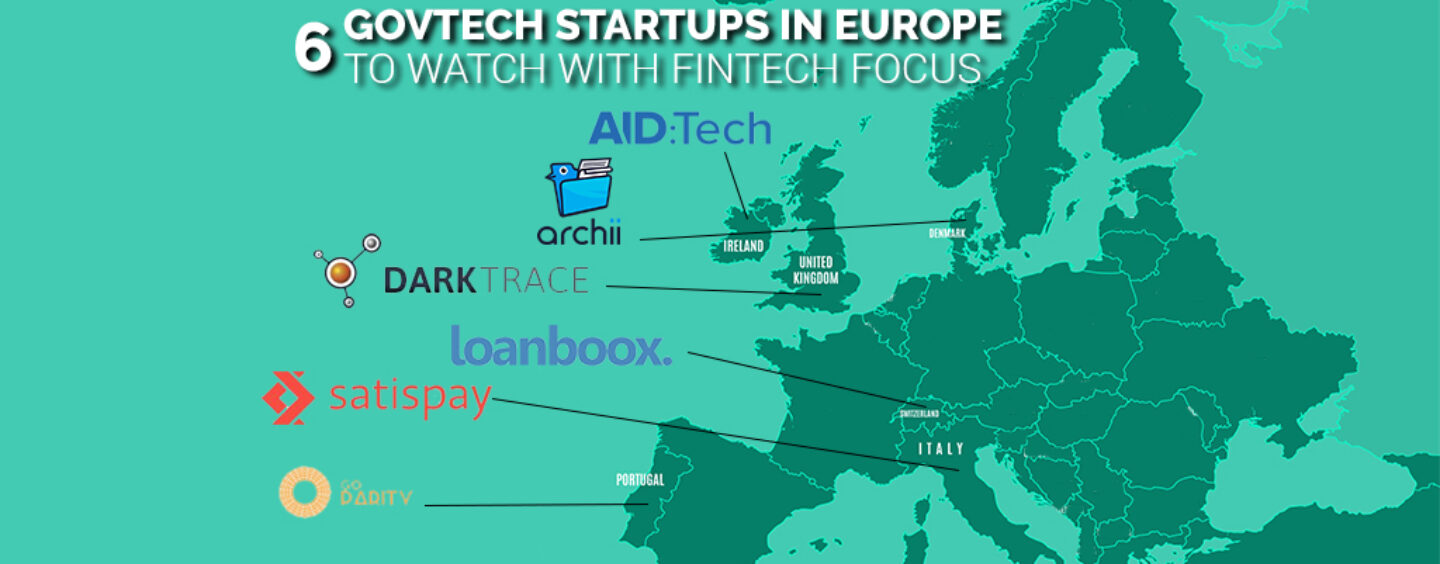Across the globe, the modern state is undergoing a radical transformation. A new generation of technology companies, called govtech, is using new technologies applied to public services, and designed for local and central governments. These tech-enabled solutions promise greater efficiency and transparency in the way the citizens engage with the administration, transforming the way nations distribute welfare, keep citizens safe, provide healthcare, and deliver key public services.
Govtechs provide government and the public sector with many different types of services from democracy and community engagement, and platforms matching citizens with services to meet their needs, to insight through data and analytics, and online support communities.
In Europe, the govtech-fintech revolution has already begun. In countless cities across the continent, new companies are using new technology to transform public services. In Athens, Novoville is changing how citizens interact with governments. Barcelona-based Unblur offers an intelligence assistant for first response “blue light” services, integrating information from drones, cameras, and GPS with databases to help rescue workers. And in Helsinki’s archipelago, Bout uses cutting-edge technology to allow people to share boat services.
In this article, we outline some of Europe’s govtech startups that are reinventing public services, with a particular focus on fintech:
Interested about Govtech and Fintech in Europe, read also this this article here.
Loanboox (Switzerland)

Zurich-based Loanboox is a an online platform for public and corporate borrowers and professional investors. The peer-to-peer financing platform allows municipalities, cities and cantons to submit financing request from CHF/EUR 500,000 to CHF/EUR 500 million.
Loanboox was the first platform in Switzerland to offer a platform for loans for the public sector online, and as of July 2019, had brokered loans amounting to CHF 11 billion.
The company expanded to Germany in 2017, followed by Austria and France in 2018, and was valued at CHF 122 million after raising CHF 22 million in January 2019.
Archii (Denmark)

Danish startup Archii offers an AI-powered document assistant that is able to automatically identify, sort and extract information from businesses, organizations and public agencies’ most important documents.
Archii can find customers’ legal and financial documents across all destinations – from email attachments to local and cloud storages. Based on the contents of each document, Archii uses AI to understand the documents and organize them into a uniform structure. The technology then presents the documents in an intuitive folder structure, so users do not have to remember their original file name or location.
AID:Tech (Ireland)

Dublin-based AID:Tech builds products using blockchain, AI and machine learning to empower people to manage their own data securely and privately, serving governments, corporates and NGOs.
AID:Tech’s products offer multifaceted benefits to organizations and end-users, providing clients with a way to securely make digital disbursements, generate and manage transactional data, and most importantly, offer a personal tool that is much more than a verifiable identity.
The company’s products include the Transparency Engine, a service delivery and digital disbursements platform for governments and corporates to users at scale, and TraceDonate, a solution that brings transparency to donations for NGOs, charities and corporate social responsibility initiatives.
Darktrace (UK)

UK-based Darktrace is a leading cyber AI company that applies sophisticated machine learning techniques to cyber security to prevent cybercrime before it occurs.
Darktrace is the creator of an autonomous response technology called Antigena, which allows networks to take instant and autonomous action against in-progress cyber-attacks.
Its self-learning AI is modelled on the human immune system and used by over 3,000 organizations, including governments and financial institutions, to protect against threats to the cloud, email, Internet-of-Things (IoT), networks and industrial systems. This includes insider threat, industrial espionage, IoT compromises, zero-day malware, data loss, supply chain risk and long-term infrastructure vulnerabilities.
Darktrace was founded in 2013 by mathematicians from the University of Cambridge and individuals with cyber operations experience at intelligence agencies.
Satispay (Italy)

Satispay is a smart payment system that allows users to send money to friends and pay in stores using their smartphone. The app is completely independent from traditional payment circuits and is available for iPhone and Android.
The payment platform is currently being used to power the Italian universal public electronic payment system, pagoPA. pagoPA allows citizens to pay taxes, fees, utilities, memberships, stamps and other services to central and local public administrations, as well as services provided by public companies, schools, universities, and more.
GoParity (Portugal)

Portuguese startup GoParity operates an investment platform for sustainable energy projects, providing investors with profitable investment opportunities and offering SMEs competitive financing.
The peer-to-peer lending platform allows citizens and businesses to invest in projects they believe in, generating economic, social and environmental benefits.






